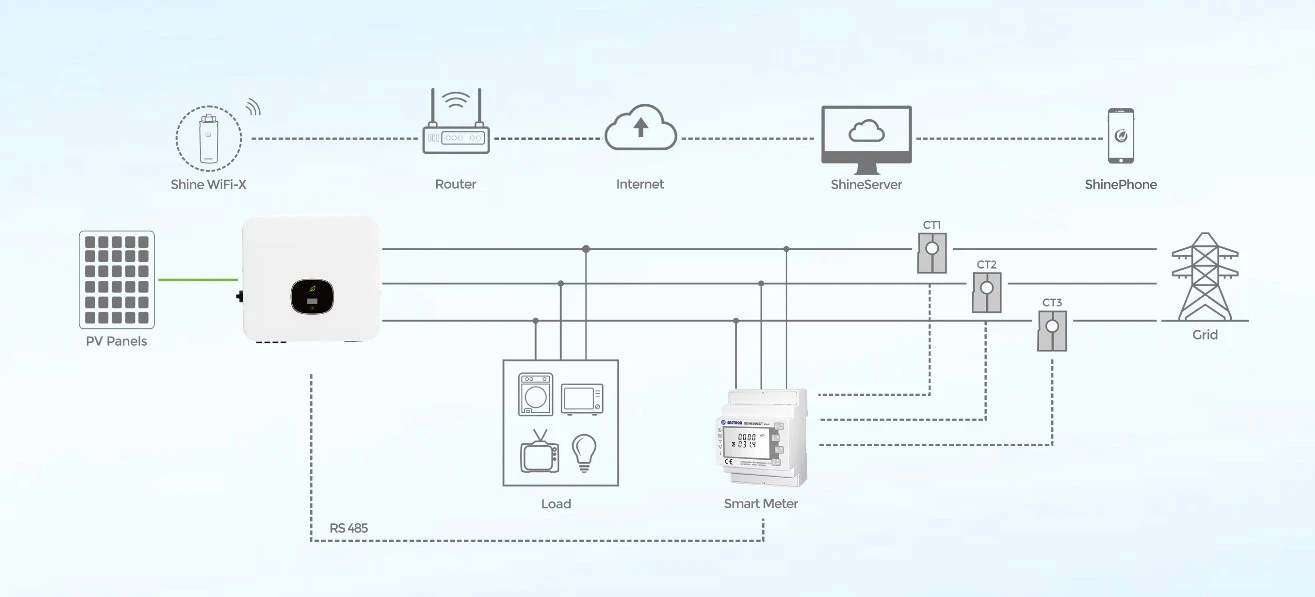residential solar
The Rise of Residential Solar Energy A Sustainable Choice for Homeowners
In recent years, residential solar energy has gained significant traction as a viable alternative to traditional energy sources. With increasing concerns about climate change, rising electricity costs, and the desire for energy independence, homeowners are turning to solar power as a sustainable solution. This article explores the benefits, challenges, and future outlook of residential solar energy.
Understanding Residential Solar Energy
Residential solar energy involves the installation of solar panels on rooftops or in yards to harness sunlight and convert it into electricity. This renewable energy source is both cost-effective and environmentally friendly. The basic technology relies on photovoltaic (PV) cells, which capture sunlight and convert it into usable electrical power. Homeowners can either use this generated electricity directly or sell surplus energy back to the grid, often through net metering systems.
Benefits of Residential Solar Energy
1. Cost Savings One of the most compelling reasons homeowners invest in solar energy is the potential for significant cost savings on electricity bills. While the initial installation cost can be substantial, many states offer financial incentives, tax credits, and rebates to reduce this burden. Additionally, as solar technology advances, installation costs have continued to decline, making it more accessible.
2. Environmental Impact Solar energy is a clean, renewable resource that significantly reduces carbon footprints. Unlike fossil fuels, solar power generation emits no greenhouse gases, contributing to a decline in air pollution and promoting a healthier planet. By choosing solar, homeowners actively participate in combating climate change and paving the way for a sustainable future.
3. Energy Independence Solar energy provides homeowners with a sense of independence from utility companies. By generating their own electricity, homeowners are less vulnerable to fluctuations in energy prices and are shielded from energy crises. In addition, solar energy can be especially beneficial in remote areas where traditional electricity sources may be unreliable or unavailable.
4. Increased Property Value Studies have shown that homes with solar installations tend to sell at a premium compared to those without. This increase in property value is attributed to the long-term savings on energy costs and the growing demand for sustainable living options. As more buyers prioritize environmental considerations, solar installations become a desirable feature.
residential solar

Challenges Facing Residential Solar Energy
Despite the numerous benefits of residential solar energy, several challenges remain that may deter homeowners from making the switch.
1. Initial Cost Although costs have decreased, the upfront investment for solar panel installation can still be a major hurdle for many homeowners. While financing options are available, potential buyers may be hesitant to take on debt or may not have access to the necessary capital.
2. Intermittency of Solar Power Solar energy generation is dependent on sunlight, which means it is not a consistent power source. Homeowners must consider energy storage solutions, such as batteries, to store excess energy generated during the day for use at night or during cloudy days. This adds an additional layer of complexity and cost to solar installations.
3. Regulatory Challenges The solar industry is also faced with regulatory uncertainties. Changes in government policies, tariffs on solar products, and varying state-level incentives can impact the feasibility and attractiveness of solar investments. Homeowners must navigate these regulations to ensure they make informed decisions.
The Future Outlook
Looking forward, the residential solar energy market is poised for continued growth. As technology advances, solar panels are becoming more efficient and aesthetically pleasing. The integration of smart home technology and energy storage systems further enhances the viability of solar energy in residential settings.
Public awareness of the environmental benefits of solar power is also increasing, inspiring more homeowners to adopt this renewable energy source. With global goals aimed at achieving net-zero emissions, the push for sustainable energy solutions will likely accelerate, making residential solar energy an integral part of the energy landscape.
In conclusion, residential solar energy presents a promising solution for homeowners seeking cost-effective, sustainable, and reliable power sources. Despite the challenges, the long-term benefits far outweigh the hurdles, making solar energy an increasingly attractive option for environmentally-conscious homeowners. As the world moves toward a cleaner energy future, residential solar will play a crucial role in transforming how we generate and consume energy.
-
Unlocking Energy Freedom with the Off Grid Solar InverterNewsJun.06,2025
-
Unlock More Solar Power with a High-Efficiency Bifacial Solar PanelNewsJun.06,2025
-
Power Your Future with High-Efficiency Monocrystalline Solar PanelsNewsJun.06,2025
-
Next-Gen Solar Power Starts with Micro Solar InvertersNewsJun.06,2025
-
Harnessing Peak Efficiency with the On Grid Solar InverterNewsJun.06,2025
-
Discover Unmatched Efficiency with the Latest String Solar InverterNewsJun.06,2025







